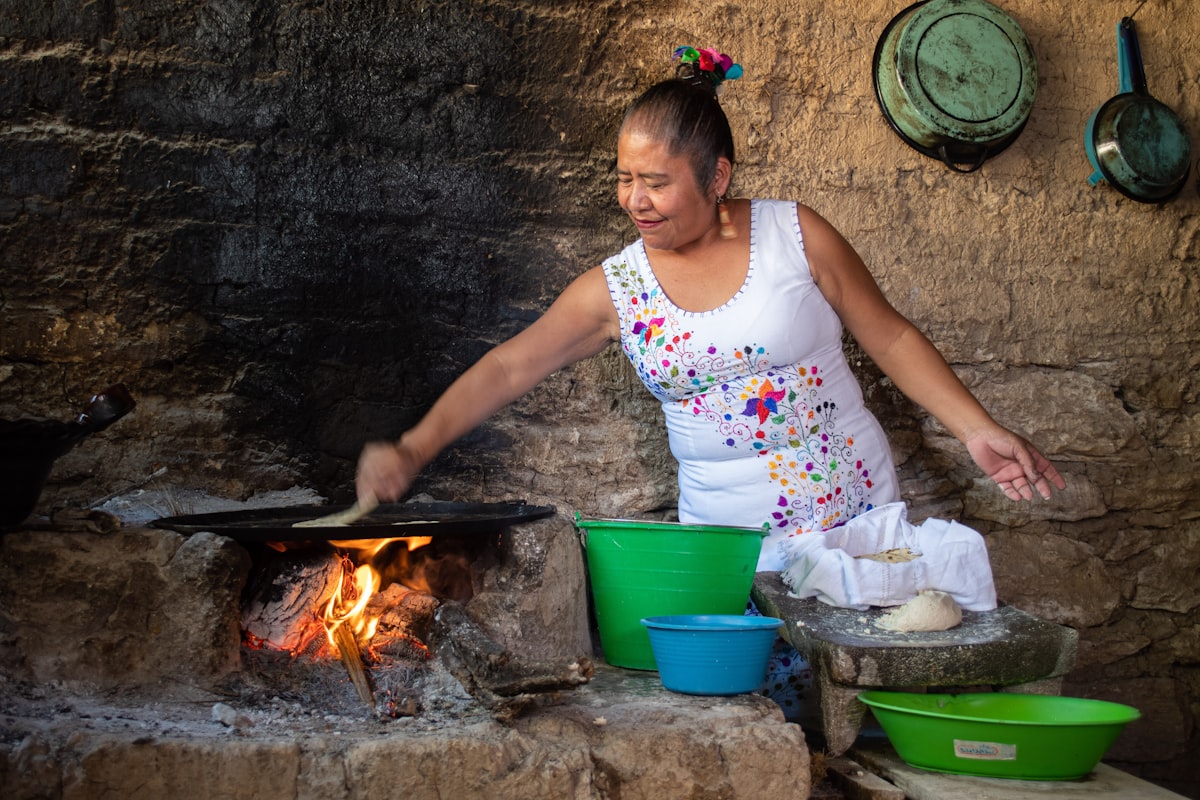Mothers-in-law and even sisters-in-law are also perpetrators of gender-based violence
Gender violence is not necessarily physical abuse, but humiliation, gossip, or rumors about the wife's behavior. Family values may take precedence over a woman's integrity, according to a study. About 42 percent of Mexican women live with their husband's or partner's parents or other relatives.





